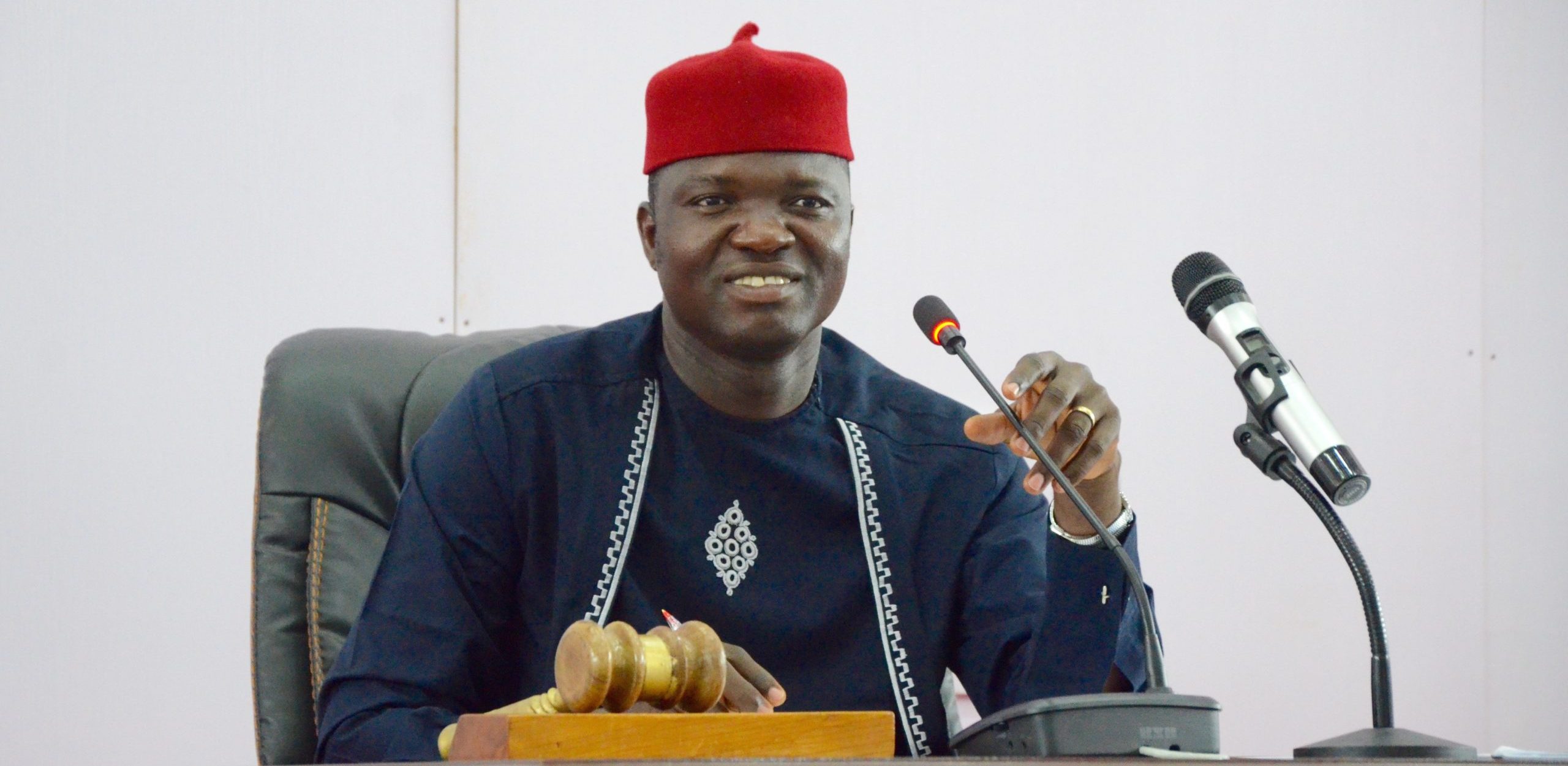The statement attributed to Hon. Francis Ogbonna, the Executive Governor of Ebonyi State, revealing that all his five children are studying locally, sparked widespread admiration and approval on social media, with many commending his decision to pay only N35,000 in school fees while some of his commissioners spend as much as N2 million per term to educate their children abroad. This gesture has been hailed as an uncommon sacrifice, capable of inspiring other public officeholders to emulate his example and promote morality, fairness, and transparency in governance.
One commenter even went as far as declaring Gov. Francis Ogbonna as his personality of the year for 2024, underscoring the positive impact of his actions on the public. The governor’s modest attitude aligns with the ideals of politics, which values good acts of symbolism and optics in building public confidence and trust.
However, some have argued that the governor’s emotional appeal may be exaggerated, particularly his claim that he fears not being able to afford school fees after his tenure as governor. Given his background, having studied engineering at Ebonyi State University and later obtaining a master’s degree from the University of Salford in Manchester, UK, Gov. Ogbonna’s humility is commendable, but his motivation may not be entirely genuine.
As governor, Ogbonna enjoys a lifetime privilege of being taken care of by public funds, complete with a special severance package. This raises questions about the sincerity of his fears and whether his decision to enroll his children in local schools is truly driven by a desire to identify with ordinary citizens.
Moreover, while the governor’s actions have provoked sympathy and positive sentiment, they have not prompted him to reflect on his responsibility to ensure that his appointees also uphold transparency and accountability in their use of public funds. Allowing commissioners to spend exorbitant amounts on foreign education may not be conducive to promoting selflessness and discipline in governance.
It’s clear that Nigeria’s elite, including Governor Ogbonna, can’t simply be emulated by ordinary citizens when it comes to enrolling their children in public schools. This is because they have better access to resources, allowing them to arrange for private tutors to add value to their children’s education. Similarly, the idea of patronizing private schools or institutions abroad has become a status symbol in Nigeria, driven by societal pressures rather than economic considerations alone.
Although some Nigerians have found success abroad, earning recognition and respect for their professional skills, the perception of Nigerian education remains skewed. The allure of foreign education and goods is deeply ingrained in Nigerian society, with leaders and government officials perpetuating this narrative. This undue emphasis on foreign credentials undermines faith in local education, as evident in the preference for universities in neighboring countries like Benin Republic, Mali, and Niger, regardless of accreditation.
Social norms and prestige drive many decisions in Nigerian society. For instance, people may choose expensive private schools or popular institutions abroad not because they believe public schools are inferior, but for the prestige and social status that comes with it. Government scholarships targeting foreign countries, including Asian and African nations, have further fueled this desire for foreign education. This drive for foreign credentials has led many Nigerians, including those from modest backgrounds, to prioritize foreign education and goods, often at great expense and to their detriment.
Educating individuals locally in Nigeria can indeed lead to the development of home-grown solutions in various sectors. Locally educated individuals possess a deeper understanding of the local culture, traditions, and needs of the society, allowing them to develop solutions that are more relevant and effective in addressing local challenges. Moreover, being familiar with the local socio-economic and political landscape enables them to tailor their solutions to the specific needs of the Nigerian population.
Furthermore, locally educated individuals build strong networks and connections within the country, providing access to valuable resources, expertise, and support necessary for implementing home-grown solutions. Local education also involves studying local case studies and research, offering insights into the challenges faced by the country and instrumental in developing innovative solutions rooted in local realities. Additionally, local education fosters an entrepreneurial spirit, encouraging individuals to think creatively and innovatively to solve local problems, leading to sustainable and impactful solutions.
Although quantitative data may be limited, anecdotal evidence and case studies support the benefits of locally educated individuals in driving innovation and development within Nigeria. Initiatives like local innovation hubs, incubators, and research programs demonstrate the value of locally educated individuals in providing home-grown solutions, underscoring the importance of investing in local education to unlock Nigeria’s potential for sustainable development.
Finally, while Gov. Francis Ogbonna’s decision to enroll his children in local schools is laudable, he would have made a more significant impact by institutionalizing this gesture through legislation, compelling public office holders to educate their children in Nigeria. This would have demonstrated a genuine commitment to promoting fairness, morality, transparency, and accountability in governance.



